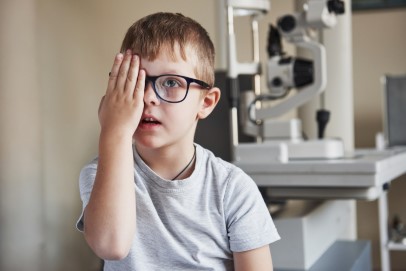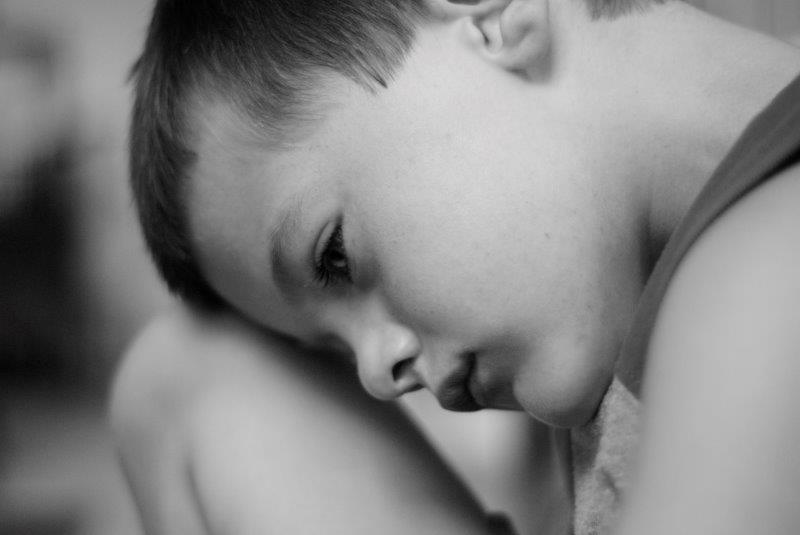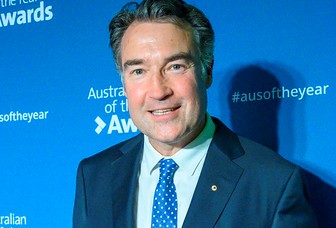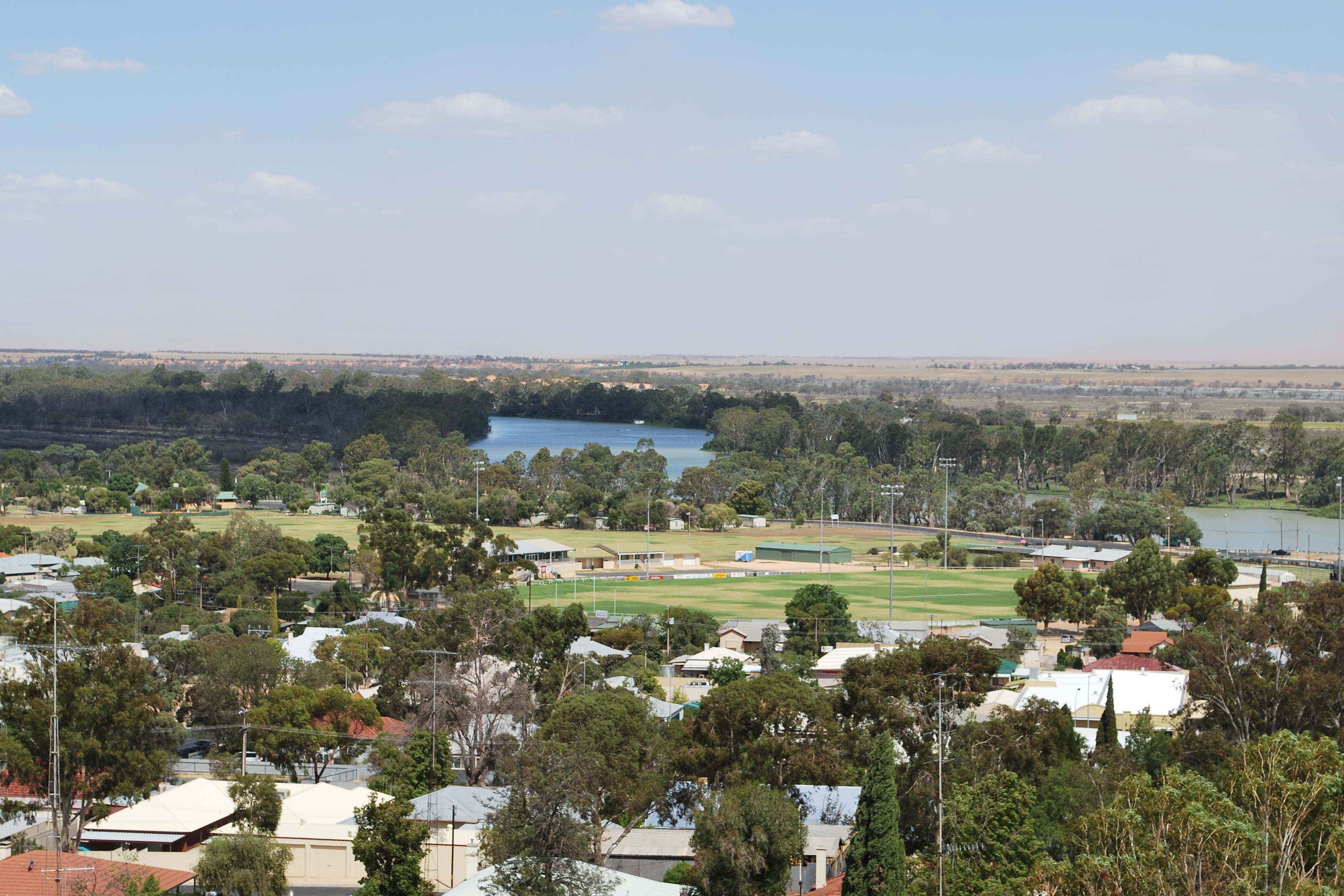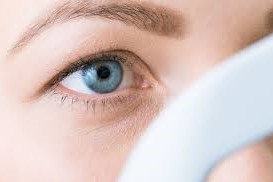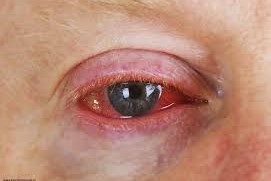Maximising the in-clinic experience of ADHD myopes
In clinic, we frequently come across symptoms of inattention and overactivity in myopic children with attention-deficit hyperactivity disorder (ADHD). These patients are likely to interrupt and talk excessively during the consultation. They also want to play with the various machines around the clinic, find it difficult to focus when we’re collecting biometric data and frequently request breaks during exams.
Extensive clinical experience with ADHD children has taught us that genetic factors play a major role in the aetiology of their condition. The range of symptoms we witness in clinic are primarily caused by developmental impairment of executive functions, rather than expressions of behavioural problems1. ADHD is an all-too-real medical condition that involves changes in the brain’s chemistry.
Practical steps
Due to ADHD myopes’ difficulty in focusing their attention on tasks and their impaired working memories1, myopia-control spectacles combined with atropine often proves to be a better option than atropine alone, especially for managing fast-progressing ADHD child myopes.
Saw et al observed an increase in pressure in the posterior part of the eye during accommodation associated with sustained near-work-related myopia progression2. Such increases are poorly resisted by the less rigid sclera of young myopes, resulting in increased ocular lengthening. Therefore, it’s worth asking parents to ensure their child has frequent, timed breaks during 40 minutes of near work. For those who show only hyperactive symptoms, I recommend parents dispense with the timing and allow the child to complete a preferred task over a longer period.
Increased time spent in green spaces is strongly associated with lower rates of ADHD diagnoses and the occurrence of symptoms, with improvements observed in attention restoration, memory, stress and academic test scores3. Exercise can also help to expend excess energy and improve sleeping patterns, while it is also well known that outdoor activities have a significant positive impact on myopia progression control4.
Pelsser et al suggested synthetic and highly processed foods can negatively impact ADHD symptoms via allergic or pharmacologic mechanisms5. Like other myopes, ADHD myopes might benefit from eating dark leafy green vegetables and yellow/orange coloured fruit while limiting processed snacks. A minority of children with ADHD have been shown to benefit from a short-term eating plan that eliminates foods that may cause allergic and other digestive reactions6. Such plans need to be developed by a dietitian.
The ADHD-friendly clinic
During the first appointment, perhaps ask the parent to bring in the child’s favourite toy at the next visit to help the child feel more relaxed and secure. Make subsequent appointments a little longer than usual; the last appointment of the day is ideal and makes it easier to take breaks, if needed. It’s important to notify your colleagues ahead of an ADHD myope’s appointment so the child’s experience at the front desk and in the clinic is as comfortable and soothing as possible.
In the exam room, reduce noise as much as possible and dim the lights to create a supportive environment. Inform the child of every step of the examination and talk to them in soft and calming tones. Be empathetic and listen attentively, even if they ask numerous questions and talk excessively. By being patient and calm, you will likely ‘win them over’ and alleviate their frustrations.
To validate anxious parents’ feelings, avoid using dismissive language such as ‘Don’t worry, it’s fine.’ Instead, reassure them everything is being done to control the child’s myopia progression and encourage them to come to clinic before the next review if they notice any concerning changes.
On top of the detailed treatment plan, leaflets and web links you’ve given them, offer peer-reviewed articles – reading scientifically supported evidence can go a long way to dispelling anxiety.
A final tip
While it’s important to have up-to-date knowledge of the treatment of myopic children with ADHD, it is also crucial to provide the optimal sensory experience for these patients in the clinic. Acknowledging that their behaviour is not deliberate and validating both the child’s and parent’s feelings will help ensure a soothing and supportive clinic environment.
References
- Brown T (2009). ADD/ADHD and impaired executive function in clinical practice. Curr Atten Disord Rep, 1, 37–41
- Saw S-M, Katz J, Schein O, Chew S-J, Chan T-K. (1996). Epidemiology of myopia. Epidemiol Rev, 18(2), 175–187
- Donovan G, Michael Y, Gatziolis D, ’t Mannetje A, Douwes J. (2019). Association between exposure to the natural environment, rurality, and attention-deficit hyperactivity disorder in children in New Zealand: A linkage study. Lancet Planet Health 3(5), 226–234
- Pärssinen O, Soh Z, Tan C-S, Lanca C, Kauppinen M, Saw S-M. (2021). Comparison of myopic progression in Finnish and Singaporean children. Acta Ophthalmol, 99(2), 171–180
- Pelsser L, Frakena K, Toorman J, Savelkoul H, Dubois A, Pereira R, Haagen T, Rommelse N, Buitelaaret J. (2011). Effects of a restricted elimination diet on the behaviour of children with attention-deficit hyperactivity disorder: A randomised controlled trial. Lancet, 377(9764), 494–503
- Nigg J, Holton K. (2014). Restriction and elimination diets in ADHD treatment. Child Adolesc Psychiatr Clin N Am, 23(4), 937–953.

With a PhD in social psychology and formerly a practice lead with Matthews Eyecare, Dr Vivienne Zhang is now clinic director at the Auckland Myopia Clinic and is working towards another PhD in ophthalmic science and optometry with Aston University, UK.









